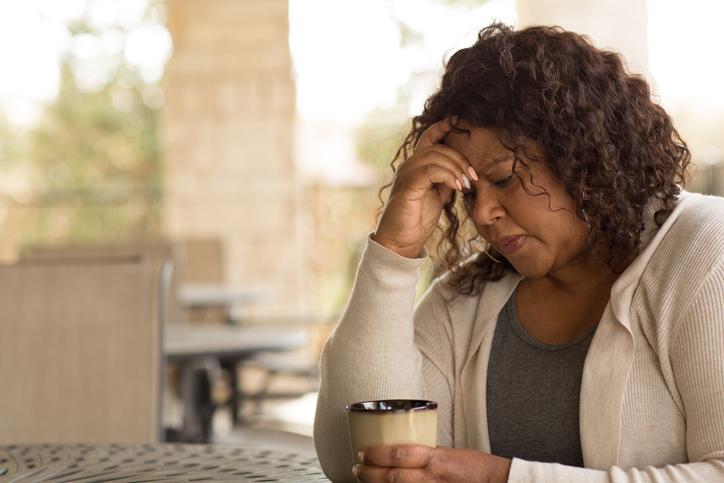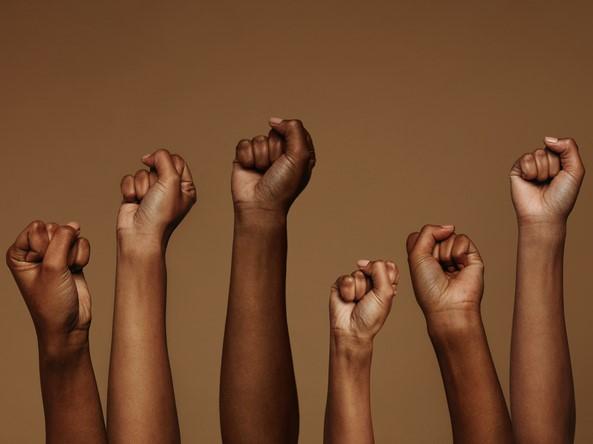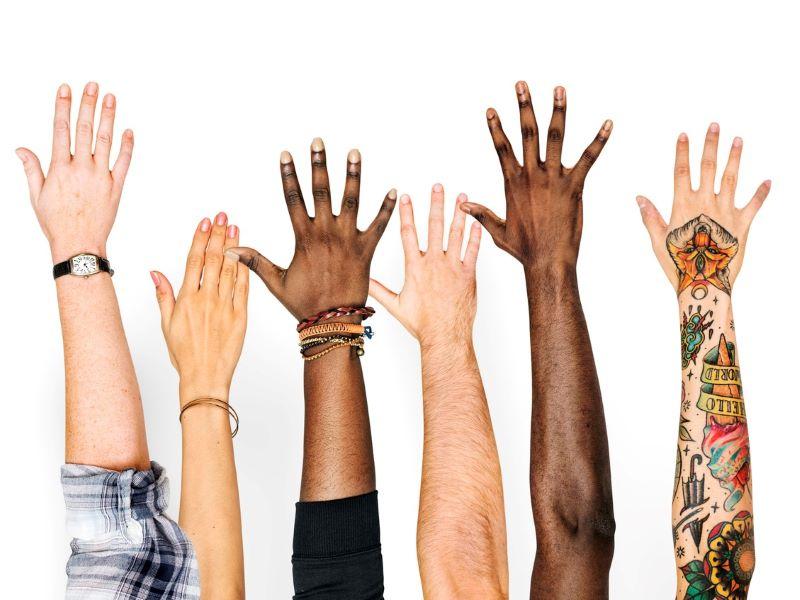
Where’s our Black bereavement leave?

You may also like
As an educator, it is my duty to provide an environment for students that is thought-provoking and soul-affirming, so I intentionally create a space that supports them holistically, not just academically. I push back against the belief that baggage should be left at the door and encourage them to bring their whole selves into the classroom. After all, ignoring the external factors that influence their internal being denies their humanity and robs them of an opportunity to be seen and appreciated for who they truly are.
One way I affirm the importance of students’ whole selves is by acknowledging the impact societal events may have on them personally and professionally. In alignment with this practice, I reached out to my students when the video of the murder of Tyre Nichols was released. As I was writing the email, my primary concern was the mental and emotional well-being of my students. However, the tears streaming down my face as I typed let me know that ignoring my own feelings was impossible – which wasn’t surprising given the numerous times I have cried while sending similar emails.
- How to tell if your university is making a genuine effort to increase diversity
- Why higher education should take an EDI lesson from Kendrick Lamar
- Collection: Being Black in the academy
In fact, I have tears in my eyes right now just thinking about all those emails I’ve sent and all the ones I know I will have to send in the future. Despite the pain, I send them because it is my duty, because my students might need me and because if I don’t, who will? That’s not to say I’m the only person who looks out for the well-being of students, because that is far from the truth. However, history has shown us that Black educators often have to exert additional emotional energy to pick up the slack the academy leaves behind after it sends its obligatory, and often performative, statement to the campus community.
But while those obviously copy-pasted, campus-wide emails are the bare minimum, Black faculty and staff don’t even get that. Where is the acknowledgment of our pain? Where are our counselling services? Where is our grace for missed meetings and deadlines while we mourn? Yes, we have jobs to do and students to support, but we also have trauma to process.
I am a proud educator who loves what I do. But before that, I am a Black woman. A Black woman who is expected to return to “business as usual” on Monday after seeing a member of my community murdered on Friday. Although it is customary for employees to receive support and understanding while grieving the loss of a loved one, the same care is rarely shown to the Black community when we lose someone in horrific and traumatic ways. Where’s our Black bereavement leave?
The situation often reminds me of Martin Luther King Junior’s sermon, “Remaining Awake Through a Great Revolution”. When addressing the bootstrap theory, he said: “It’s alright to tell a man to lift himself by his own bootstraps, but it is a cruel jest to say to a bootless man that he ought to lift himself by his own bootstraps.”
Pulling oneself up by the bootstraps is a privilege similar to the ability to put on one’s own mask. If cabin pressure changes on an aeroplane, oxygen masks drop from above and passengers are instructed to put them on – with a reminder to put on their own mask first before helping others. As a grieving Black educator, I would love to put on my metaphorical mask first before helping my students, but that is hard when the academy continues to leave us maskless. Which is ironic given the masks Black educators are expected to wear every day to hide who we are.
With all of this in mind, here are two key ways that universities can begin to support Black faculty and staff:
Counselling
This is an obvious, yet consistently underfunded, resource that could support Black faculty and staff who are dealing with trauma caused by racism and anti-Blackness on and off campus. Racial battle fatigue (RBF), a term coined by William Smith that refers to the psychological and physiological consequences of experiencing racism, has been well documented, yet its (sometimes deadly) symptoms continue to be minimised or ignored completely.
Psychological consequences of RBF include anxiety, depression and suicidal thoughts, while physiological consequences include elevated heart rate, tension headaches and stomach ulcers. We experience these symptoms on a regular basis as a result of our first-hand racial trauma as well as the trauma we experience when we see people such as Philando Castile, Eric Garner and Patrick Lyoya murdered on camera. Free counselling services, by culturally competent counsellors familiar with identifying and addressing RBF, should be available at all times, not just when our trauma has been televised.
Time to grieve
Some may have thought I was joking when I mentioned Black bereavement leave, but I wasn’t. We need space and time to grieve without having to explain or defend it. And since the grief process, like the Black community, is not a monolith, flexibility is required. Some may need a day off while others may just need to be able to work from home. Some may need a small extension on a deadline while others may need to have something removed from their plate completely.
This is one of the many reasons why relationship-building is important for the retention of Black faculty and staff. Having a relationship with people you claim to want to help will increase the likelihood of them feeling comfortable enough to verbalise their needs with you.
There are several ways to support Black faculty and staff, but one of the most effective is to just ask. Don’t assume you know what they want or need just because you read this article. Anti-Blackness is intentional, so your efforts to combat it must also be.
Angel Jones is a visiting assistant professor in the department of educational leadership at Southern Illinois University – Edwardsville, US. She is also a public scholar who uses social media as an educational tool to increase access to academic scholarship, and author of Street Scholar: Using Public Scholarship to Educate, Advocate, and Liberate (Peter Lang, 2022).
If you found this interesting and want advice and insight from academics and university staff delivered direct to your inbox each week, sign up for the THE Campus newsletter.


